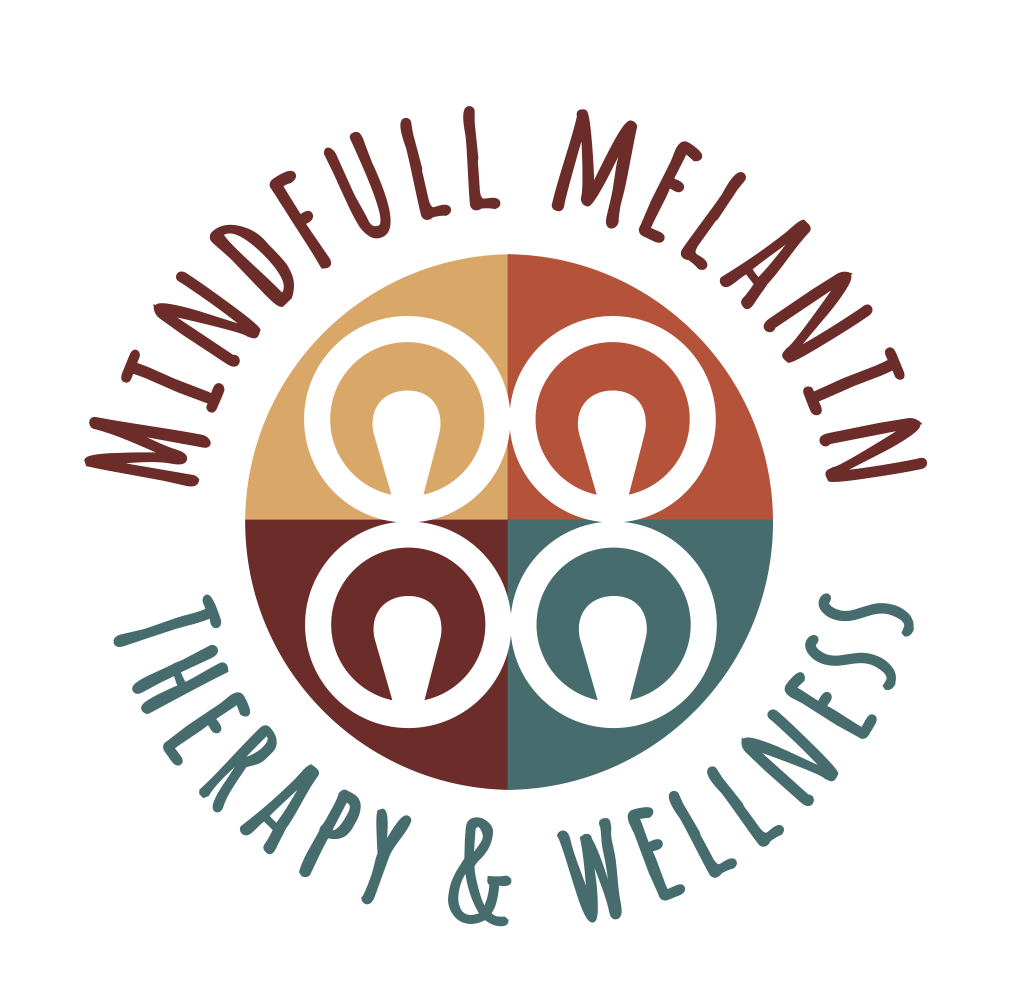Mindfulness-Based Therapy
About Mindfulness
Mindfulness is being aware of our physical, mental, and emotional condition in the present moment and approaching it with curiosity, openness, acceptance, and love. It’s about waking up from a life on autopilot and bringing awareness and sensitivity to our everyday experiences.
Ancient cultures and religions worldwide have long drawn on various mindfulness methods, from meditation and prayer to yoga and tai-chi, to help individuals more toward well-being by focusing their attention on attuning to the present.
There’s growing research showing that when you train your brain to be mindful, you’re actually remodeling the physical structure of your brain. As you learn to pay attention to various experiences, such as bodily sensations, thoughts, and feelings, you can learn to accept them without being controlled by them.
How it Works
With mindfulness, you can gradually transform your responses to painful and disruptive mental states. By maintaining a non-judgmental attitude towards the unhelpful habits of the mind, we can coax them out of the darkness and meet them in a new way. You can notice that thing that’s been worrying you for weeks and take action to calm your mind and settle your nerves.
Here’s an example: Let’s say you have a pattern of getting angry and resentful. This leads to chronic stress and tension in your relationships. With mindfulness, you recognize that anger has arisen, meet it with curiosity and acceptance, and refrain from acting out of anger so that you don’t harm yourself or others. You’ll also develop valuable investigative skills which will help you better understand why you habitually feel angry and why you respond the way you do. This allows you to make room for new, more empowering decisions and actions.
Benefits
Mindfulness-based therapies are becoming widely accepted approaches to addressing symptoms that are associated with many mental health challenges and emotional concerns. Here are some ways you can benefit from mindfulness-based therapy:
Reduces stress and helps us better manage stress in the future.
Improves physical health by heightening immune functions and helping you to manage chronic pain, develop healthy habits, and improve sleep quality.
Enables you to reflect before you speak or act, thus improving your relationship with yourself and others.
Leads to greater job satisfaction and enhanced performance (and less burnout).
Turns mundane activities into richly textured moments.
Improves your ability to manage both mental and physical illness.
Increases resilience to difficult emotions and enhances certain processes such as memory and focus.



